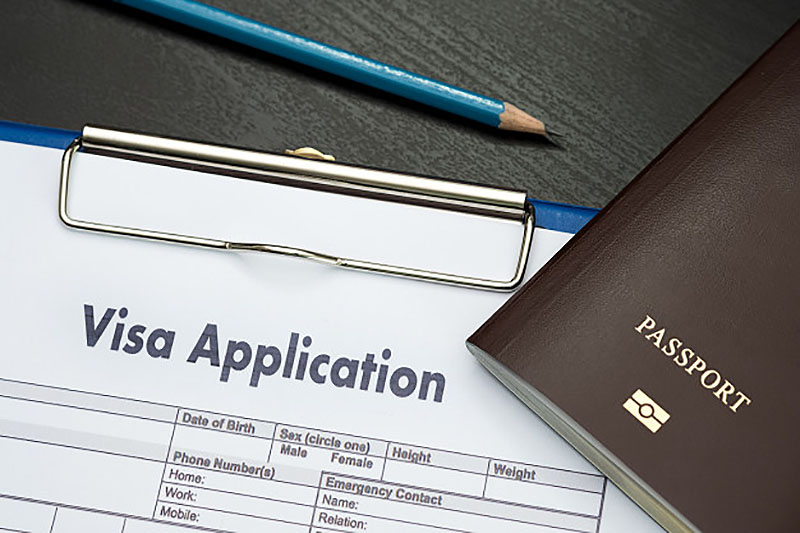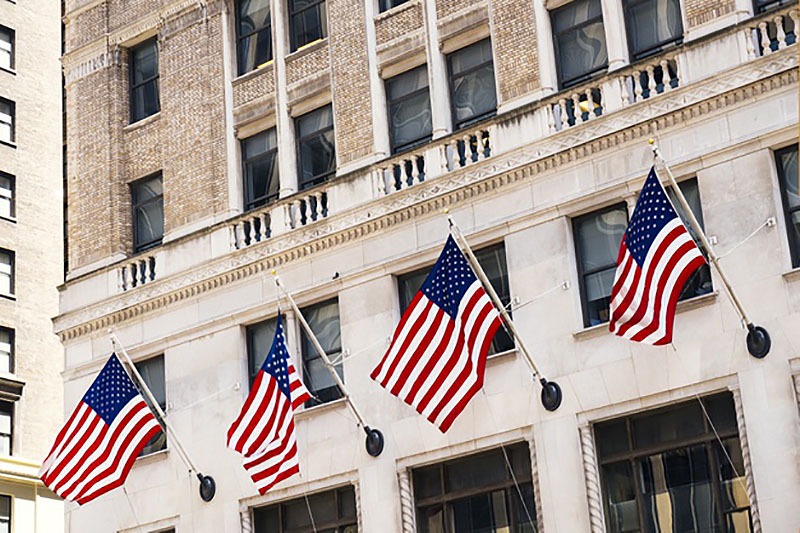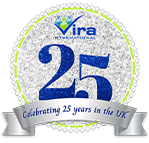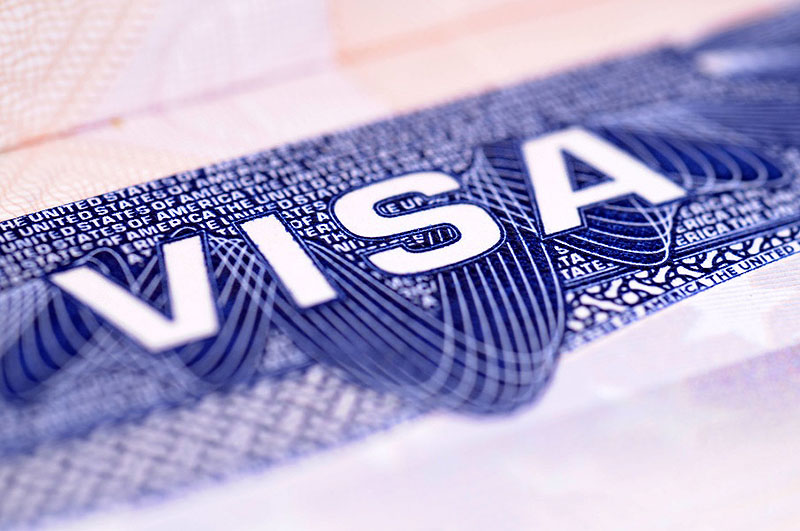Before your interview
Up until now, you have been approved for Sponsorship by your sponsor. It is now time to schedule your interview at the embassy/consulate. There are a few important steps you will have to take prior to attending your interview:
Firstly, you need to fill out the DS-160 form with help from your Consultant. You should not have any trouble doing this with the information we provide you with in via email, your SEVIS payment receipt, and your personal information.
Please also read your local embassy’s/consulate website for their document requirements. Also, you should undertake various briefing sessions with our Consultants who will ensure that you are completely prepared before your final meeting with the Visa Officer.

Gather your documents
Bringing all the required documents is the most important thing you can do to ensure your interview goes smoothly. Most embassies will cancel your appointment (without refunding the $160 fee) if you have not brought all your documents with you. It is essential for you to physically check and re-confirm with our consultants that all the documents are correct.
Below is a list of documents to be presented at the embassy:
- DS-2019 Form: When you receive your package containing this document, please review it to make sure there are no errors in it.
- DS-7002 Form: You will need to bring the official copy of the Training Plan that has been electronically signed by you, your Host Employer, and your Sponsor Company
- Current valid passport
- DS-160 confirmation page
- One 5 x 5 Centimetre (2 x 2 inch) colour photograph taken in the past six months
- SEVIS payment receipt
You may also be asked for the following:
- Proof of funds for the duration of your stay in the U.S.
- Proof of home ties: As the J-1 is a non-immigrant Visa, some consular officials often ask you to discuss or show evidence of your intentions to return home. Current students can often show that you need to return home in order to continue taking courses and finish your degree.
- If you are out of school, a pending job offer for when you return, property ownership or the intention to go back to school to study another degree may suffice.
If none of the above apply to you, try to document close family ties and be prepared to discuss specific plans for yourself, after your internship is over.
This can vary greatly from country to country and consular officer to officer. It is a good idea to bring this kind of documentation with you so that you will be prepared to present it if required.
The day of your interview

Try not to be nervous! Thousands of J-1 participants successfully complete their Visa interview every year. You can try your best to prepare for this day with a few simple tips:
- Dress nicely: You don’t need to wear a suit, but it is more respectful if you wear neat and clean clothes since first impressions can mean a lot.
- Arrive at the embassy early. They will serve you on a first-come, first-served basis, so if you’re lucky, you’ll be finished early as well. Early morning appointments are usually the best. As there are sometimes long waits, you will want to make sure you are comfortable in case you have to wait for a while until you are seen.

At the embassy
Most J-1 participants find that their interview appointments are relatively straightforward. If your documents are in order, your interview is more likely to go more smoothly and quickly. The questions our participants have been asked do vary, and so you should be prepared to answer a range of questions about your program, qualifications and what your plans are once you return home.
Here are the most common questions asked of our participants:
- What will you be doing in the U.S.?
- Tell me about your Training Plan?
- Talk to us about any previous visits to the U.S.
- What are your plans for when you return home after your program? (It is a good idea to think about your plans for after your program in advance of your interview, as this is an important question.)
Although every interview is different and you should be prepared to answer all types of questions, this article should help you to be more prepared. It is also a good idea to ask other people in your country who have undertaken the same type of program for their advice. For more information, you can visit the consulate website.



I am vigneshwaran. Studied B.SC (Hotel management)I have experience 4years in kitchen departments. Still I am working in celebrity cruises. I am interested to apply for J1Visa. How to apply